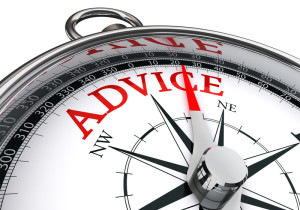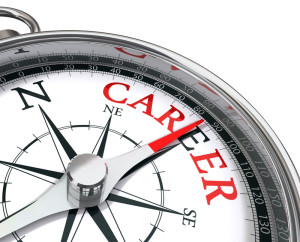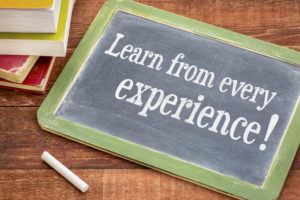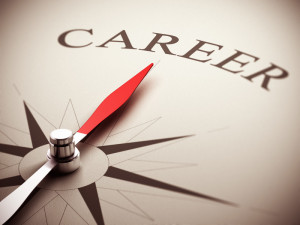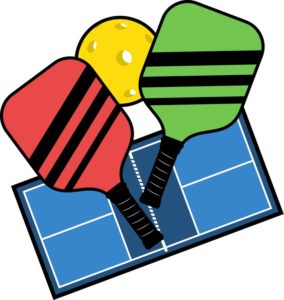HIMSS23 is less than two weeks away. The second annual ViVE event happened last week. It is a busy time of year for healthcare vendors and their sales staff. I’ve been on both sides of this relationship – for many years as CIO and buyer and for fewer years selling services. It gives me a unique vantage point.
many years as CIO and buyer and for fewer years selling services. It gives me a unique vantage point.
Buyers attending these conferences will be looking at vendors who have solutions they need now (and have budget for) and vendors who are new and interesting with innovative and niche solutions that they may want to explore further in the coming year (explore is the key word here). And they will be meeting with their current vendors to strengthen connections and get educated on what is newly available or coming soon as they leverage their existing investments.
Sales staff will be working hard to get the attention of potential buyers. They may even reach that stage of annoying and overbearing. We all know that kind of salesperson.
In my work as principal at StarBridge Advisors, I recognize it’s all about relationships. As I said in a previous blog post, it’s not just about who you know. It’s about who you are and how you show up with people. You need to be capable and competent with the right knowledge and experience, but also honest and authentic with high integrity. That’s what it takes to be successful in a business that is all about relationships. One of the best pieces of sales advice I got from a colleague was the “know-like-trust-need” model. People need to know who you are and what you can do, they need to like you, and they need to trust you. If you have all that, when they need you, they’ll call you. Simple. That’s why I focus on relationships.
My husband and I were recently on the buyer side of a sales discussion. By the end I thought, this will blog, meaning, there’s a kernel here to learn from and share. So, what happened? Continue reading

